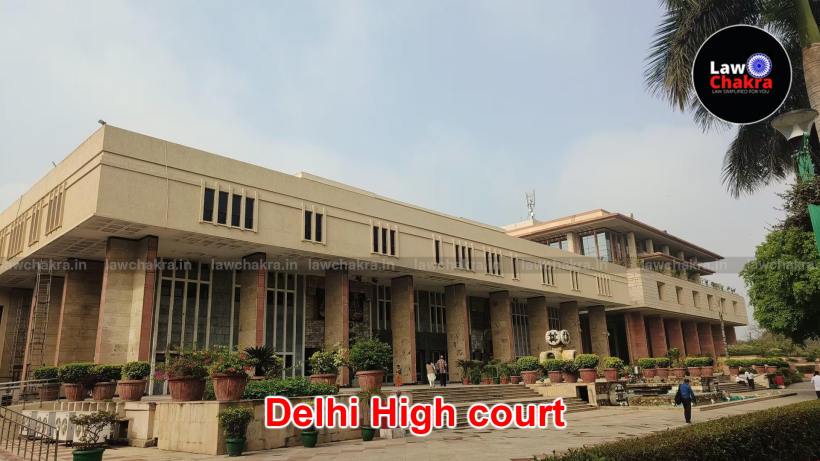Supreme Court Lays Down “Elemental Test” For Valid Arbitration Agreement

The Supreme Court has laid down an “elemental test” for determining whether an agreement is a valid arbitration agreement or not.
The Court emphasised that this elemental test is a conjunctive one, and not a disjunctive one, meaning all the elements identified must co-exist and must be duly proven by the party which seeks to assert that an arbitration agreement subsists.
A Bench of Justice Surya Kant and Justice Nongmeikapam Kotiswar Singh remarked, “What we discern from the limited comparative analysis above is that legislative frameworks around the world have common elements governing their arbitration agreements inter alia including a written agreement, a defined legal relationship, and a clear agreement to submit present or future disputes to arbitration.”
Senior Advocate Nakul Diwan represented the Appellant, while AOR Sandeep Devashish Das appeared for the Respondent.
Brief Facts
The Court had to determine whether the clauses within multiple Concession Agreements between the parties constituted an ‘arbitration clause’ or merely prescribed mediation.
Court’s Reasoning
The Supreme Court explained that the existence of an arbitration agreement postulates the presence of the following ingredients:
“Clear Intent to Arbitrate: The agreement must reflect a definitive and mutual intention to refer disputes to arbitration, excluding the jurisdiction of civil courts in respect of such matters. Consensus ad-idem or ‘meeting of the minds’ of the respective parties towards settling any disputes that may arise between them through the process of arbitration must be made out from the form and substance of the legal agreement or contract. This ideally entails the parties reducing their intention of entering into an arbitration agreement into some tangible medium.
Binding Adjudicatory Process: The arbitration agreement must contemplate a binding and enforceable resolution of disputes. The process must culminate in a final and conclusive award, not a non-binding recommendation or mediation outcome. In essence, the result of the arbitral process should be final and binding on both the parties.
Compliance with Arbitration Norms: While the statutory minimums do not universally require specification of seat, venue, or applicable procedural rules, best practices and several foreign jurisdictions encourage clarity in these respects to ensure legal certainty. The agreement should allow for party autonomy in the appointment of arbitrators and procedural conduct, subject to statutory safeguards. The adversarial process, which inheres in the institution of arbitration, must also be given due credence via provision for an impartial adjudicatory body, whose decisions involve deference to the principles of natural justice.”
“We may, however, hasten to add that the aforementioned elemental test is a conjunctive one, and not a disjunctive one. In other words, all the elements identified hereinabove must co-exist, apart from being duly proven by the party which seeks to assert that an arbitration agreement subsists,” the Bench clarified.
Consequently, the Court held that “it stands clarified that a dispute resolution clause may only rise to the level of a valid arbitration clause or agreement when it signifies a clear intent to arbitrate, entails a binding adjudicatory process, and contemplates compliance with general arbitral norms.”
Accordingly, the Supreme Court disposed of the Appeal.
Cause Title: South Delhi Municipal Corporation of Delhi v. SMS Limited (Neutral Citation: 2025 INSC 693)
Appearance:
Appellant: Senior Advocate Nakul Diwan; AOR Umesh Kumar Khaitan and Praveen Swarup; Advocates Deepak Khurana, Abhishek Bansal, Pragyan Mishra, Devesh Maurya and Pareena Swarup
Respondent: AOR Sandeep Devashish Das, Praveen Swarup and Farrukh Rasheed




